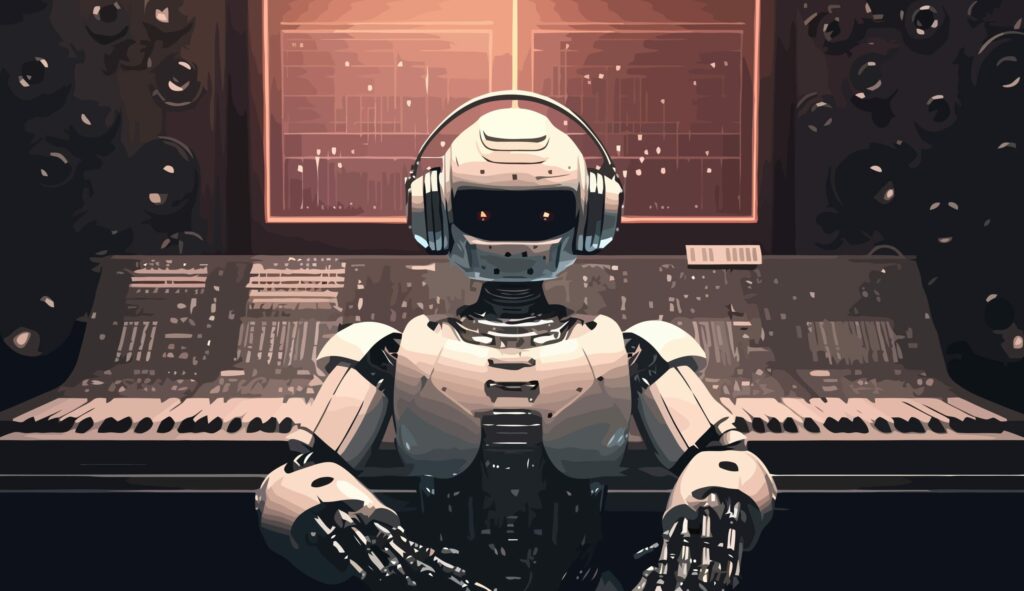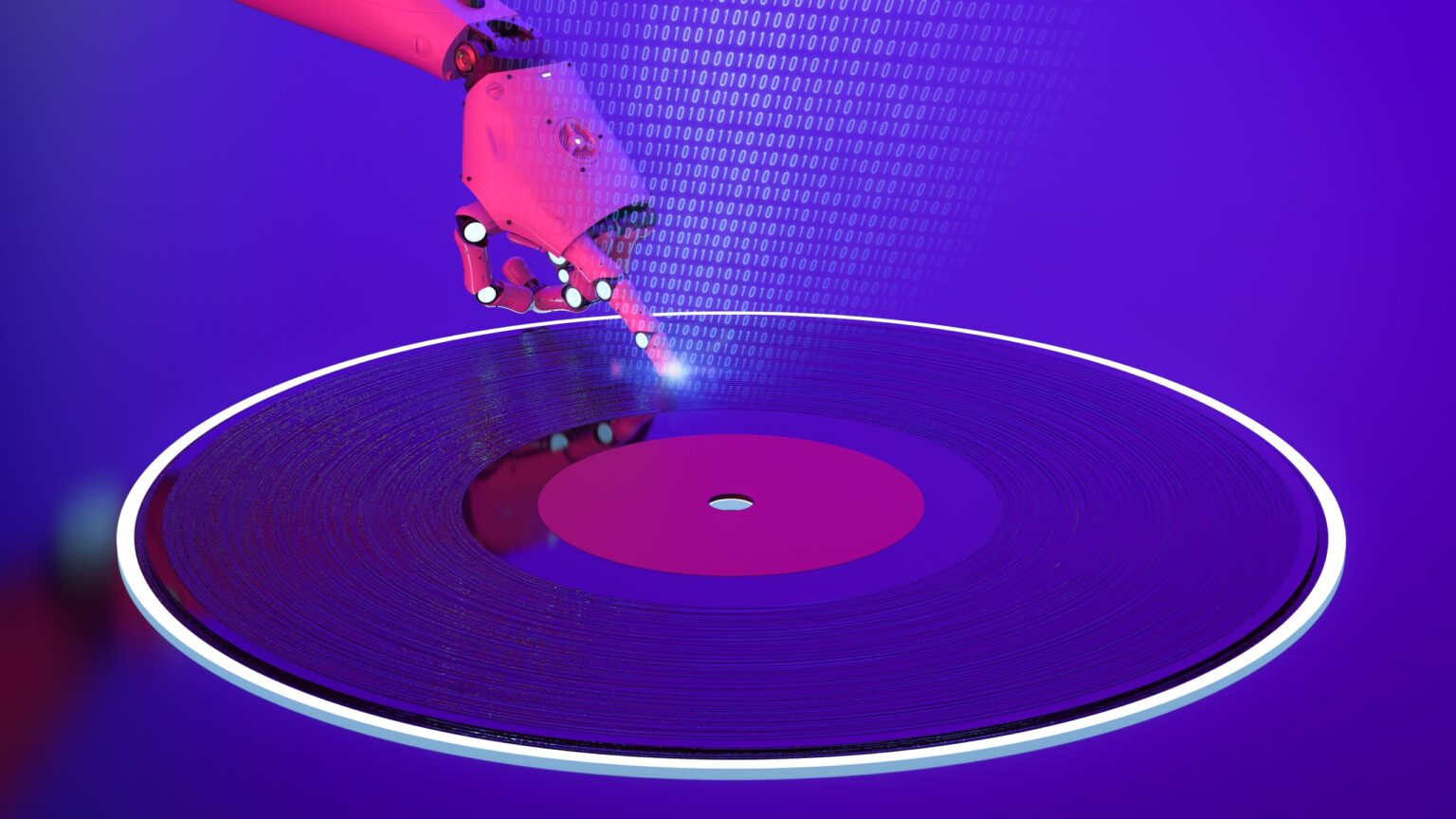Music-making platform Loudly has debuted its AI music generator, which can produce over one billion tracks across different genres. This comes as the transformative impact of generative AI in music continues to be felt, allowing creatives to come up with their “original” compositions.
From instrumentals to voice and album cover designs, generative AI is coming to the aid of many in the music industry and those in need of background music for videos, sound effects for games or intro music for podcasts. Its ability to compose prose, lyrics, short stories and real-like images has been hailed as groundbreaking although it has also raised ethical concerns.
With Loudly’s new platform, apart from making their own music to suit various projects, users can customize the tracks which can also be “exported to any digital audio workstation (DAW) of choice.”

A catalogue of diversity
According to the developer, there is an option for genre-bending, and creators can choose from instruments, genre, energy level and duration.
An article by Musictech states that creatives can experiment with various sounds and moods from a catalogue of over 200,000 sounds created by professional music producers.
“A good song requires more than just well-produced samples – the composition as a whole has to make sense and take us on a journey,” said Loudly CEO Rory Kenny.
“Our talented team of music producers apply unique genre parameters like song structures, instrumentation, energy dynamics, and mixdown so that Loudly delivers play-list ready compositions.
“In addition, through a combination of deep learning and meticulous human tagging, our bank of 200K+ audio samples are converted into a music metadata universe, whereby our AI is able to intelligently select and compose music based on our unique song formula approach,” added Kenny.
AiThority says this is a milestone; now, filmmakers in need of “an epic cinema score with a hint of EDM can create just that.”
Also read: ChatGPT Helps Iowa Schools to Ban Books
Opening doors for music creation
Various AI music creators are making music creation accessible to anyone, allowing advertisers, event organizers, fitness instructors, and other content creators, on YouTube, TikTok or any other platforms to come up with their unique soundtracks.
Kenny says the company wants to empower anyone with an interest in music to create and discover royalty-free music for their projects.
“We’re opening the door not only for artists and content creators to make their own soundtracks but for the public to think differently about music and try their hand at creating new compositions themselves,” said Kenny.
“Our team of musicians, creatives, and techies at Loudly deeply believe in the magic of music creation and we are thrilled to finally share with the world.”
According to Aithority, the music generation platform is coming out of beta with 50,000 registered users and an estimated 1,000 new registered users each day.
Ethical concerns
Loudly is among an array of other AI platforms that generate music such as Mubert and Soundful. In May, Google released to the public its MusicLM, which allows for music generation from text prompts and humming.
Meta also introduced its AudioCraft, which allows users to create sounds and music. However, generative AI in music has also been criticized by artists and ordinary consumers who feel the technology will be the deathbed of originality. Musicians such as Ice Cube, Ed Sheeran, and Drake have scorned AI and its impact on the sector.
This is not only in music but in other areas too. Recently, Dungeons and Dragons (D&D) banned AI art when designing new characters after fans raised concerns over the legitimacy of some pieces of art, with for instance, deformed limbs. Resultantly, Wizards of the Coast has stated that AI-generated content “will no longer be tolerated in future D&D content” in a move aimed at protecting the originality of artists’ work.









 and then
and then